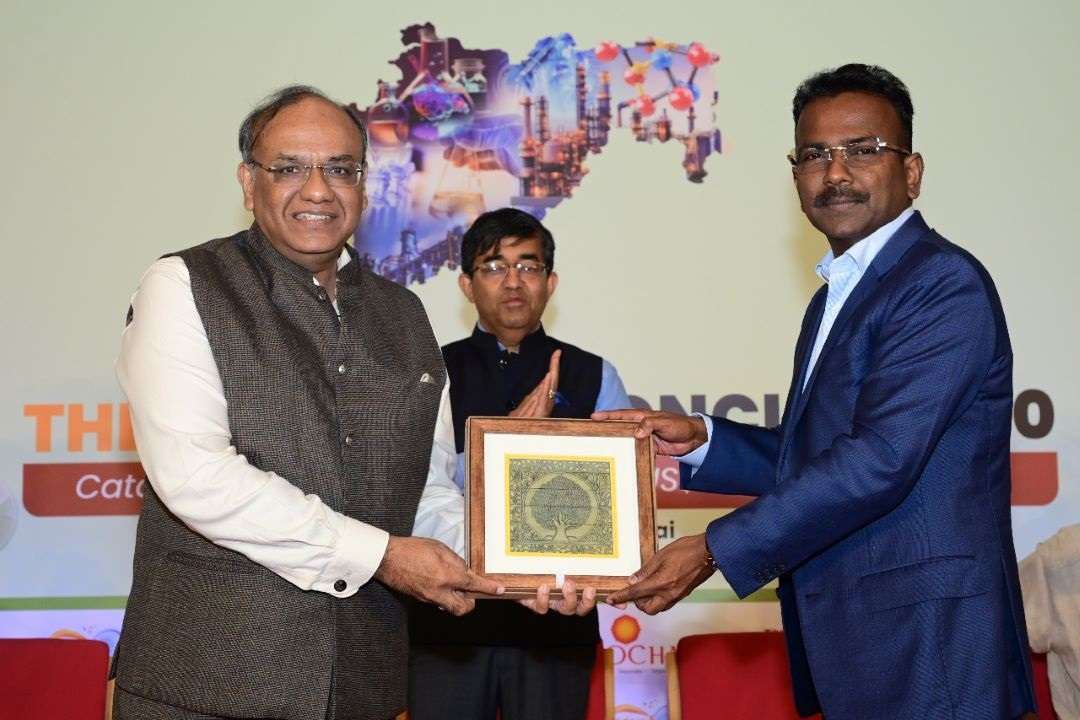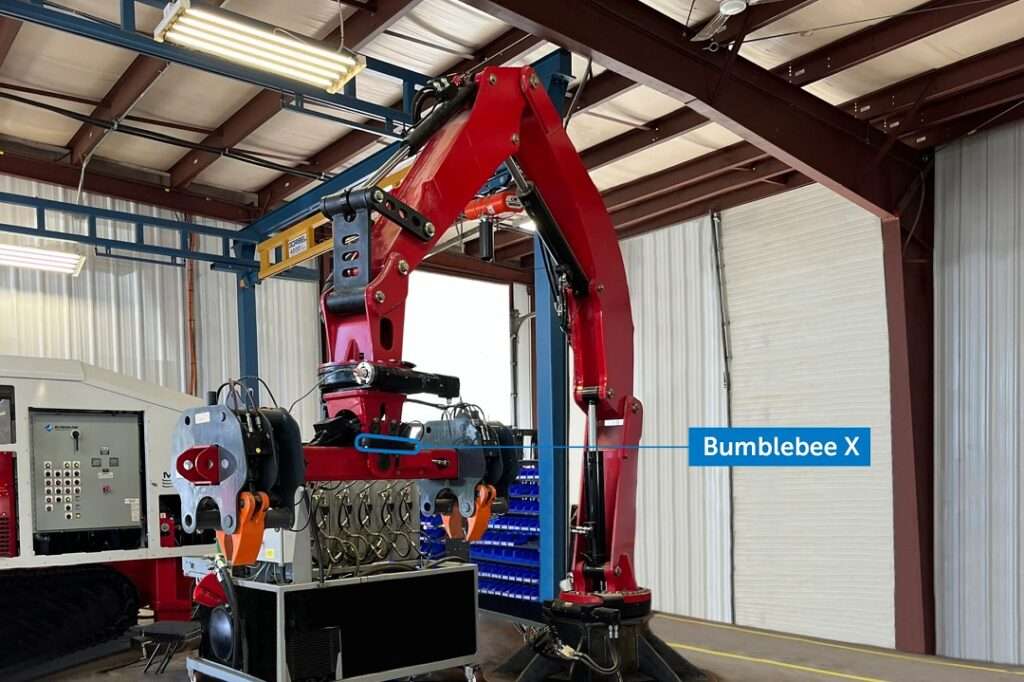Maharashtra continues to lead in critical sectors such as chemicals, petrochemicals, pharmaceuticals, and agrochemicals—not only in terms of numbers but in vision and action. With over 500 regulatory reforms, efforts to decriminalize processes, and the introduction of Maitri 2.0, a statutory single-window system, the state is simplifying compliance and streamlining permissions. Additionally, the development of integrated smart industrial estates, specialized pharma zones, and greenfield investments in gasification are helping reshape the ease of doing business. Dr P Anbalagan, Secretary of Industry, Government of Maharashtra, shared these insights at The Chemical Conclave 2.0, emphasizing the shift from regulation-heavy frameworks to a more reform-driven governance model. He highlighted key reform areas such as simplifying business processes, reducing regulatory burdens, and decriminalizing civil procedures, all of which are prioritized by NITI Aayog, Mitra, and the state government.
In his keynote, Praveen Pardeshi, Chief Executive Officer of Maharashtra Institution for Transformation (MITRA) and Chief Economic Advisor to the Chief Minister of Maharashtra, discussed the need to reorient the state’s economic focus towards the Eastern regions. Noting that Pune, Thane, and Mumbai contribute more than 54% to Maharashtra’s GDP, he pointed out the potential for sustainable growth by replicating land recycling strategies successfully used in countries like England, Germany, and Japan. MITRA, in collaboration with the Maharashtra Industrial Development Corporation (MIDC), will work towards creating a more dynamic approach to land use and urban planning.
Opening the session, Manish Singhal, Secretary General of ASSOCHAM, emphasized the growing importance of ESG (Environmental, Social, and Governance) compliance. He discussed European regulations like EUDR (European Union Deforestation Regulation), which promote sustainable agricultural practices, and highlighted the global shift towards sustainability. He also noted the challenges facing the steel industry, particularly in light of the upcoming C-Ban regulations on higher import duties that will take effect from January next year. Singhal underscored the critical role the chemical industry plays in India’s manufacturing value chain, especially as sustainability becomes a major factor in global production.
Prof Manmohan Sharma, Emeritus Professor of Eminence at ICT, in his special address, highlighted the need for faster environmental clearance processes. He urged that confirming merits for environmental permits should not take more than a few days, especially in this digital age. The delay in clearances often hampers growth and innovation, and Sharma stressed the importance of streamlining this process to keep pace with global standards.
As a vital bridge between the Indian government and the business sector, ASSOCHAM continues to champion the cause of trade, industry representation, policy advocacy, and skill development. During the Conclave, Catalyzing Maharashtra’s GDP to a US$1 trillion economy, the organization unveiled a joint knowledge report developed with EY, exploring the strategic steps needed to accelerate the state’s economic growth. This collaborative effort reflects ASSOCHAM’s ongoing commitment to shaping India’s economic future and fostering a more business-friendly environment.








